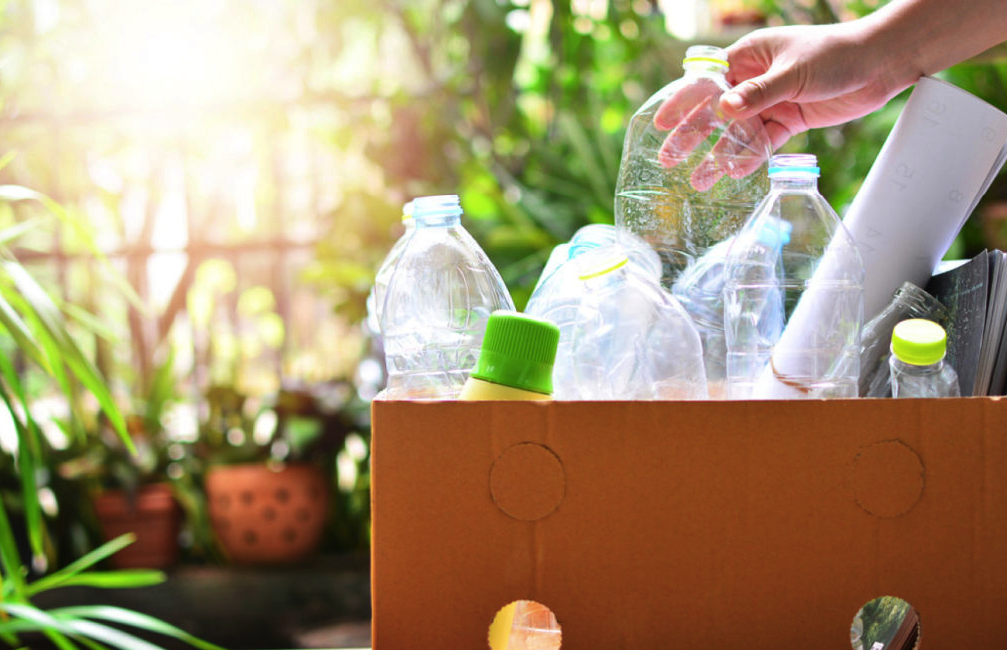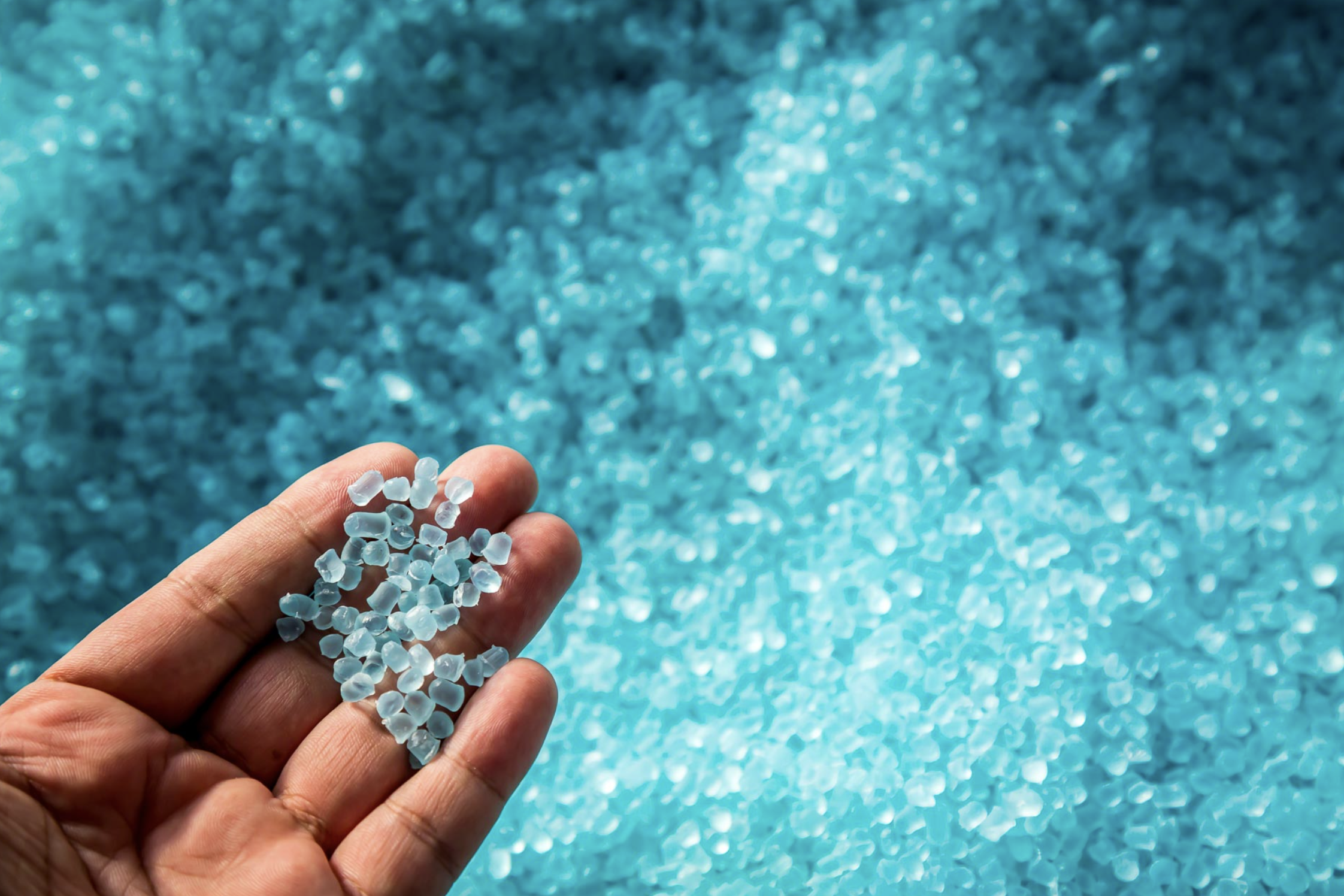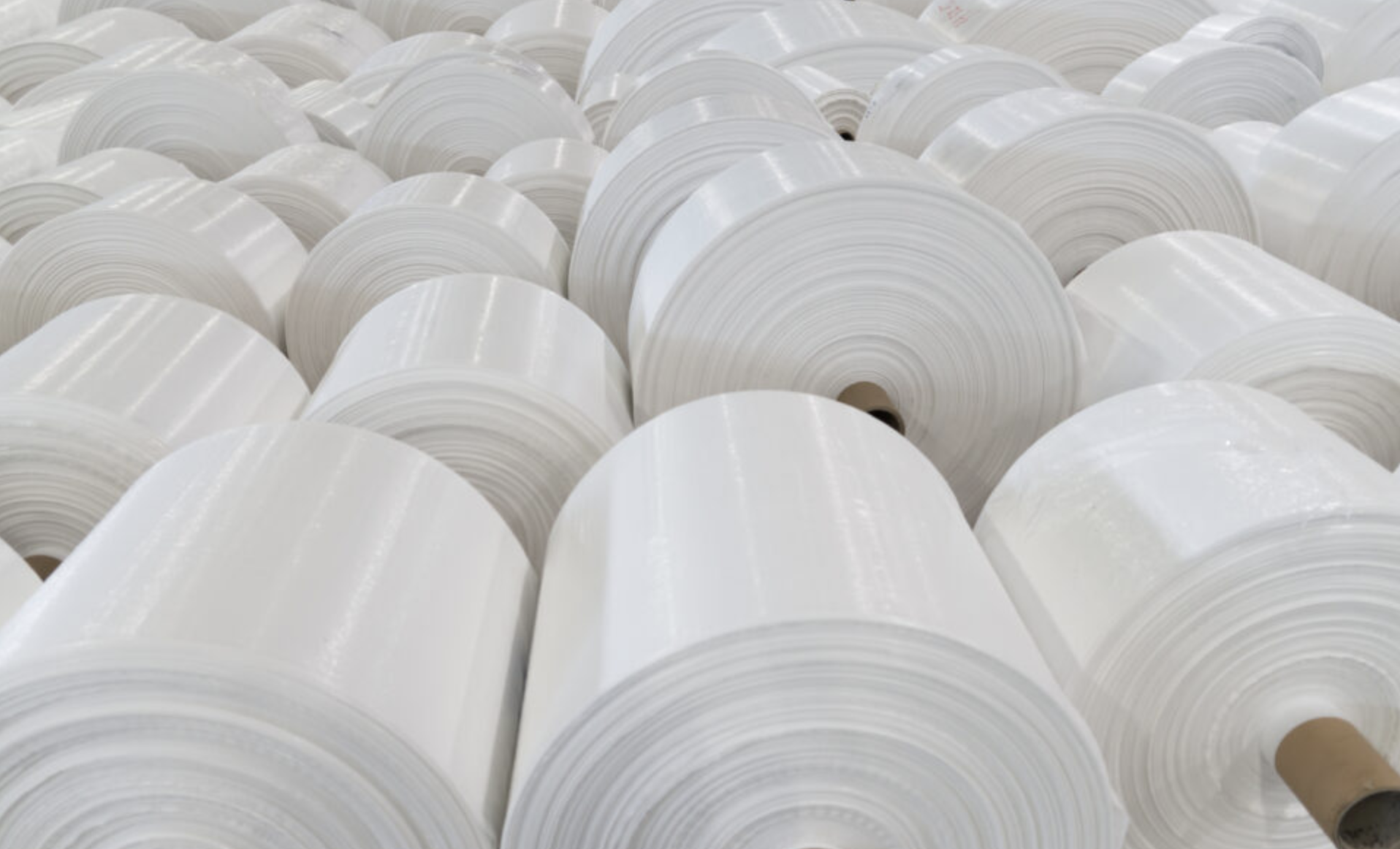How Long Does Plastic Take to Decompose?
As a generation, there are a couple of things we would love to leave for future generations. These include an excellent financial nest egg, a home, a business, and a cleaner environment. But unfortunately, in our effort to better our lives we inadvertently leave behind toxic waste that dim the future of future generations.
Though many of the plastic products made help make everyday life a little easier and convenient, they are not biodegradable and take more than 400 years to breakdown. In recent years, the use of plastic items like bottled water and coffee cups has skyrocketed. According to experts, plastic production in the last decade surpasses that of the previous century.
Luckily, with the increased plastic production and pollution, there’s equal awareness of the catastrophic effect they are having on the environment and how much we stand to lose if we continue on the same track.
To help you see the menace we are fighting against and the hole we are trying hard to dig ourselves and our future generations out of, here is a quick overview of how long plastic takes to decompose.
Durable plastic
By durable plastic, we mean disposable nappies, bottles, and beer holders. These take 450 years to decompose. That’s 4 ½ centuries or at least five generations. In the UK a whopping 35 million plastic bottles are thrown away every year.
On the other hand, other everyday plastic items including straws take about 200 years to decompose while disposable plastic cups take 50 years to break down. Now, though regular plastic bags decompose faster 20 years, their negative impact on the environment cannot be overlooked. And according to experts, plastic bags affect oceans and marine life.
Why not also read: Alternatives to Plastic Bags
The thing with plastics is that as they degrade and get old, they become heavy and sink to the bottom of the ocean. While there, they break down into tiny pieces and ix with planktons, which is the primary food source for marine life. With this in mind, we should know that plastic is not disposable and the fact is it is indestructible without causing harm.
UK’s solution
To try and curb the problem, the UK government has resulted in shipping waste plastic overseas. Out of the couple million tonnes of plastics disposed ever year, about 63% are shipped to other countries. Only about 37% is recycled in the UK. Since 2012, the UK has shipped over 2.7 tonnes of plastic to Hong Kong and China. However, with recent laws being enforced in these countries, the UK government may have to look for fresh and innovative alternatives to plastic waste.
Alternative plastic products
Though it doesn’t seem like it, plastic is not the only option for convenience in life. There’s a long list of materials to use. As a company, we’ve decided to play our part in the ‘fight’ against plastic waste by developing eco-friendly jute bags and cotton bags including shopping bags.
These shopping bags are long-lasting and are inexpensive in the long run. And since they are made from natural fibre, they are biodegradable and do not pose a threat to the environment. We can make a change and leave a clean earth behind for the generations after us.





